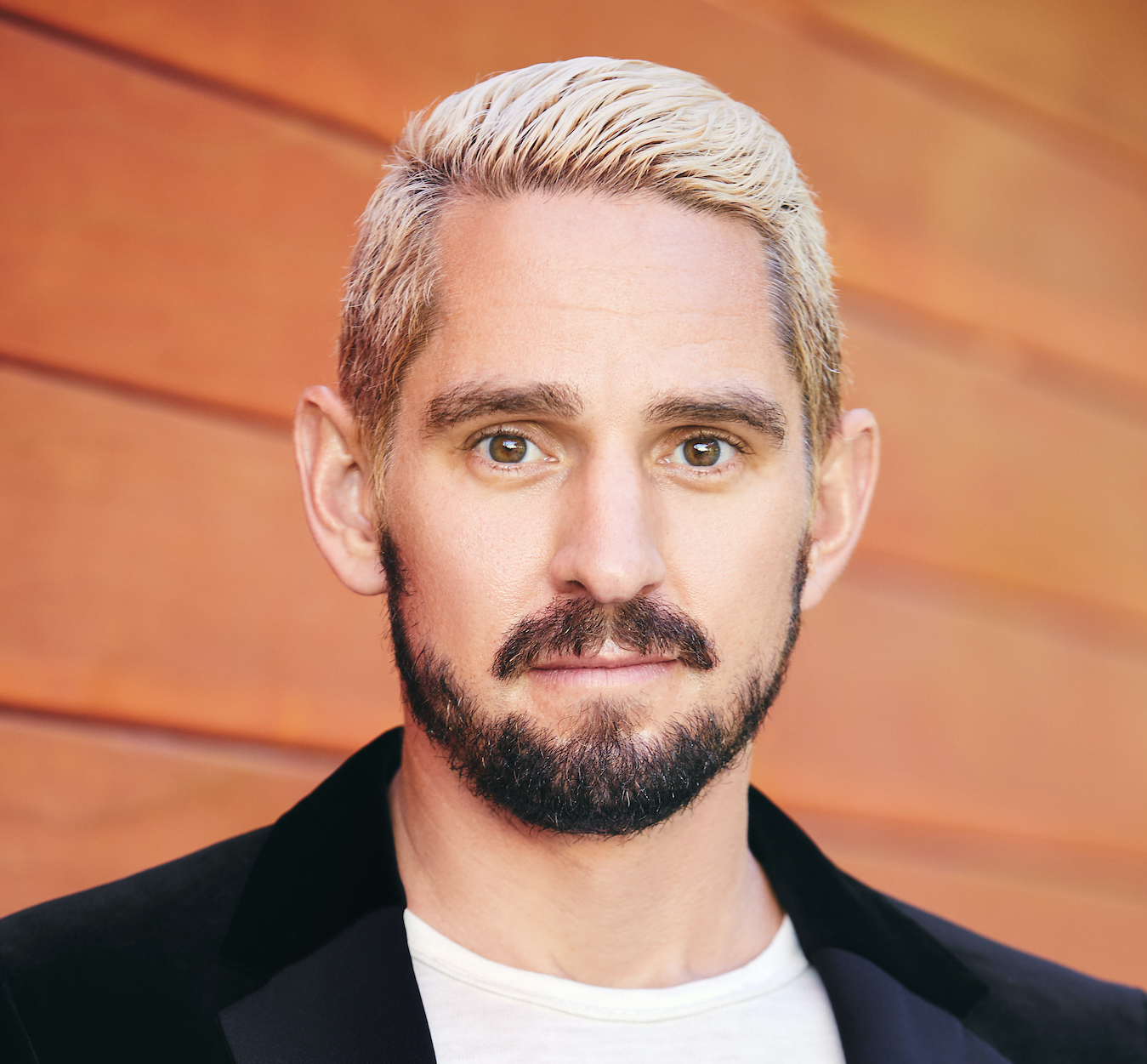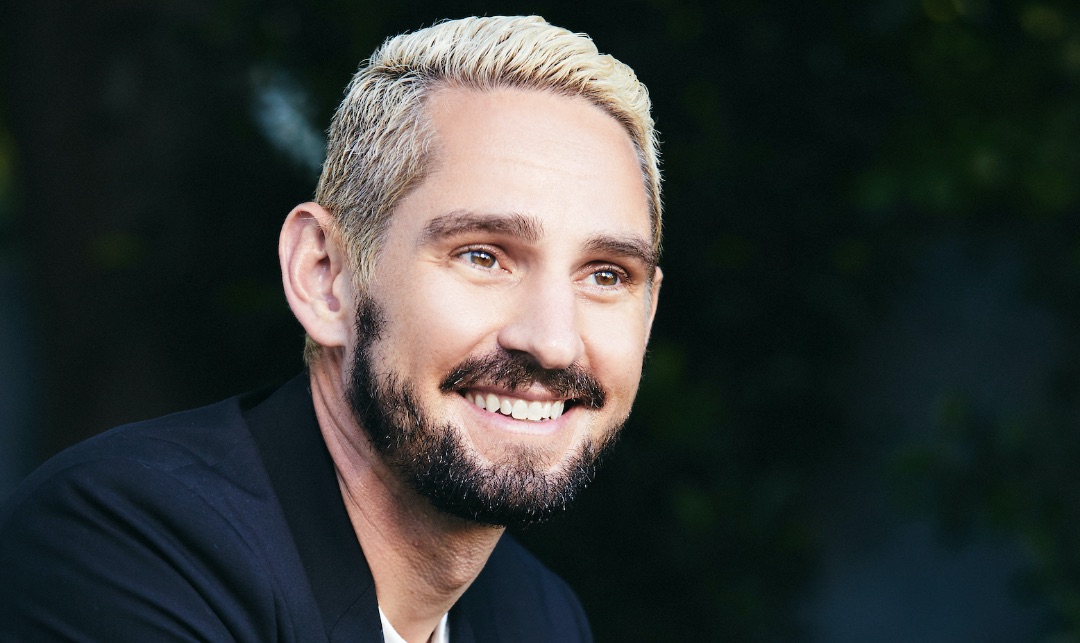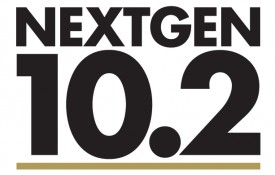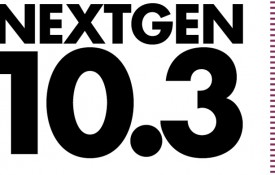What has been your most satisfying moment in business?
When COVID started, Go made a big bet: that it could save essential workers more money on car insurance than anytime in history by offering half-off rates. And in return its business would grow faster than ever by being the industry’s low-cost provider. But because it’s insurance you cannot just choose your rates; you have to get them approved by state commissioners and governors. Before we even knew if the half-off rates could be approved, we went on national TV announcing we were going to apply to commissioners and governors to approve this form of economic relief to essential workers. It worked. It turned out states believed that essential workers were doing a lot to keep society functioning and welcomed our idea to help—they appreciated our view that since essential workers were standing up for all of us, it was our turn to stand up for them. Our team drove maybe the hardest we ever have—built the technology, infrastructure, and operations—and was able to deliver. This led to exponential growth, letting us help more people save. And the more people save, the bigger Go gets, and the bigger Go gets, the more people save. It’s this pretty incredible cycle.
What success habits did you pick up early on to get ahead?
I learned the importance of listening. One of my favorite books was Gore Vidal’s novel about President Lincoln. One of President Lincoln’s best qualities was that he was a great listener, and I have tried to apply that to many aspects of my life.
Another thing that I have learned is the importance of surrounding yourself with people who have strong and diverse opinions. Every member of our leadership team at Go holds strong views and embraces our team value to “be open” and share them at all times. This is critical. It enables us to continue to function as a meritocracy and live our culture, which some team members describe is “not about who is right but what is right.”
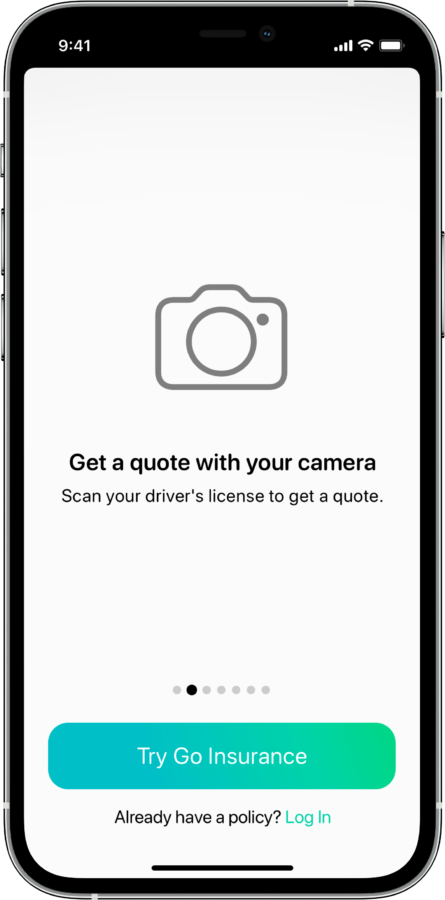
Clients can receive a quote in 60 seconds using their camera with the Go Insurance app.
There are thousands of small failures that enable any meaningful success.
Finally, Go is a principle-driven organization. We believe that when there are many important decisions happening fast, you need a set of shared beliefs that you can always return to—these are Go’s principles. Our mission is “saving people money with safer driving.” Our values that guide us along this mission are “Grow … be open … go fast.” And our principles are the specific beliefs we hold that extend from our mission and values to ensure we are not only operating consistently, but also as we revise or add new principles—it drives us to keep evolving.
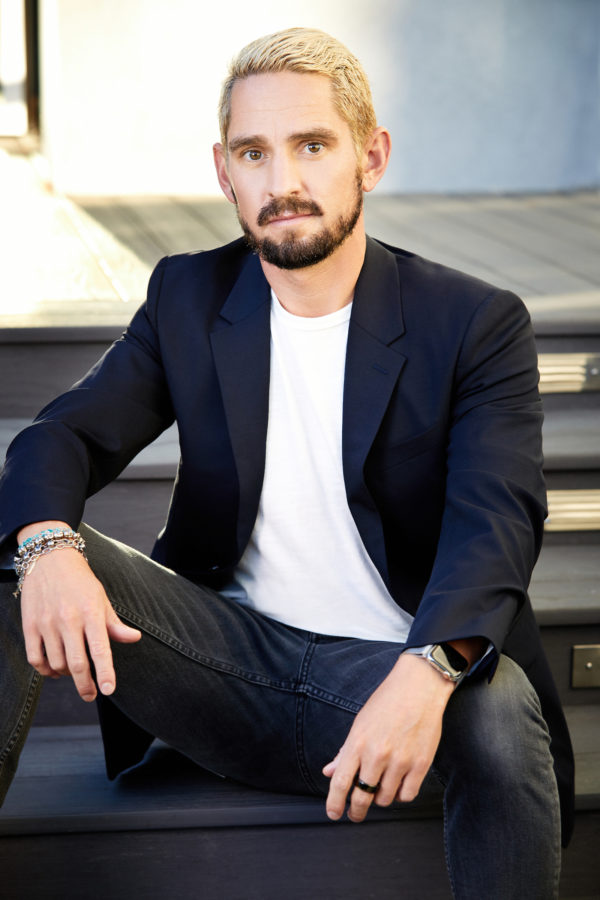
Go Insurance founder Kevin Pomplun (photo credit: Anna Azarov Photography).
You are incredibly accomplished in your career and we all know that doesn’t come without mistakes and failures. Tell us about one of those times. How do you handle setbacks and learn from failure?
Where do I start? Just kidding. There are thousands of small failures that enable any meaningful success. What is important to me is that for any failure, you identify the specific challenge, then its root cause, what really made it happen, and finally a solution. Often the solution doesn’t totally work, but this process of breaking down challenges, root causes, and solutions creates a way to almost guarantee you always make some progress even if not a lot. All that said, probably one of my biggest recent failures was when Go was experimenting with new marketing.
Go has always been a mobile-first insurer. Mobile-first in design, marketing, support, and pretty much everything. But about three years into the business, I thought if you could take a mobile online experience, and bring it offline by letting customers try out the app in retail locations like malls, it would be a great way to let customers try before they buy. On top of that, because Go was a mobile app, it could easily set up in mall kiosks and introduce the brand to a lot of people fast. This turned out to be wrong. Very wrong. Even for the customers that would sign up, 9 out of 10 left. It turned out that, for a serious financial product, it’s a decision customers like to make on their own time, and to be able to do research. For example, looking at App Store ratings and reviews, having time to chat with an agent and ask questions. When we returned to our core of being a mobile-first insurer, combined with our focus on offering essential rates, we set new records in customer growth, and have probably some of the highest customer retention in the industry.

Whether day or night, Go Insurance dispatches a truck to a client’s exact location and lets them track it to see that help is on the way.
What advice would you give to 20-somethings looking for ways to make a valuable impact on society and culture through entrepreneurship?
Follow your passion. If you do what you are passionate about, you will surround yourself with others who care about what you do. You will learn more because your passion makes you more curious. As you learn more, you will become better at your passion—and in turn have a greater ability to make an impact. Then the bigger the impact that you make, the more fulfilled you will be. And doing what you enjoy is just more fun. So why not?
What one product or service have you invested in lately that changed your life?
My Pyzel Fish surfboard! Pyzel is a shaper on the North Shore of Oahu and I recently picked up a used Astro Pop at its factory by the Waialua Sugar Mill. It’s a 6’2″ x 20.5 x 2.62 x 37.4L—37.4 liters is a lot of foam. Growing up surfing in Southern California, I wasn’t used to a board this big. But the size and shape gives you more paddle power (for the surf enthusiasts, it’s because of the flatter entry rocker), and on the North Shore you want the extra foam with the size and energy of the reef breaks. It’s set up as a quad fin for speed, and I just added what look like four mini one-inch fins you glue on the tail. They’re carbon diffusers made by Mink Systems. They work a lot like jet winglets—those upward-curved extensions on the wingtips—by reducing drag, while increasing lift. You could even maybe say they give you the best Vy, or optimal rate of speed and climb, but if you’re talking about that much air you’d need to ask Kai Lenny!






































